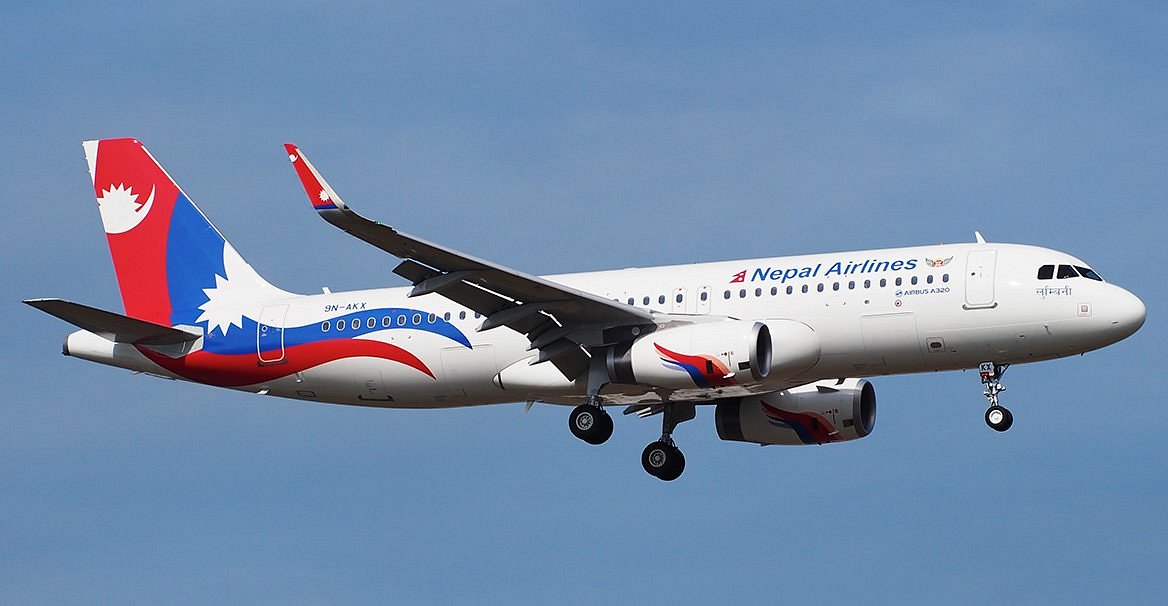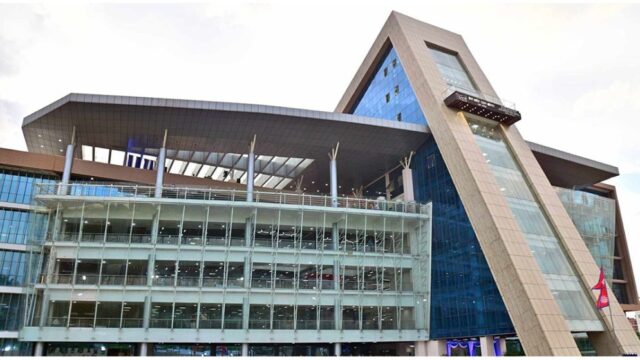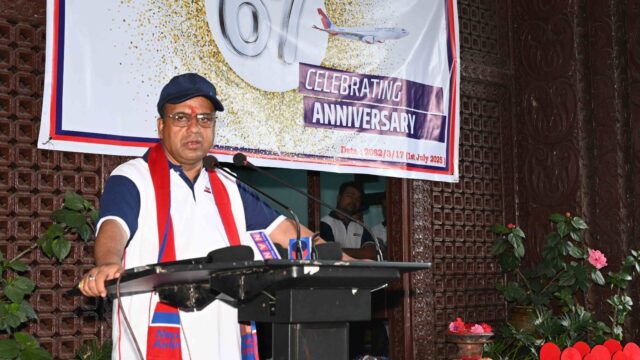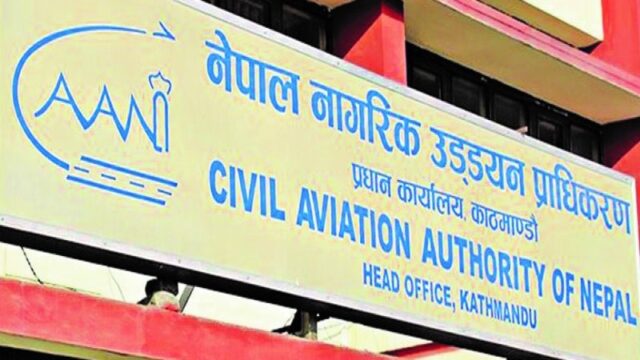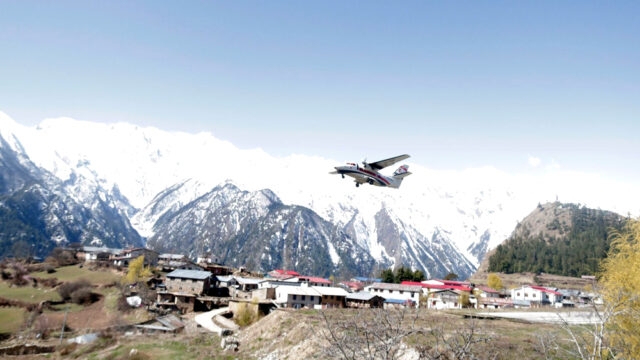Nepal Airlines Corporation (NAC), the country’s national flag carrier, is facing a severe crisis that threatens its very existence. Out of the 12 aircraft in its fleet, none are currently operating domestic flights, and only three are in service for international routes. A major concern is the prolonged maintenance of one of its A330 aircraft in Italy, which has been stuck there for over 50 days—far exceeding the expected 30-day return period. It is now estimated that it will take an additional two weeks for the aircraft to return to Nepal.
A staff member from the Ministry of Culture, Tourism, and Civil Aviation, speaking on the condition of anonymity, expressed grave concern over the situation, warning, “If this continues, the organization will have no aircraft left within a year. The corporation is on the brink of dissolution, unable to repay its debts.”
The decline of NAC can be traced back to political interference, particularly following the 1990s. A significant blow came during the tenure of former Prime Minister Pushpa Kamal Dahal, when the acquisition of six Chinese aircraft for the NAC further deteriorated the corporation’s condition. One of these aircraft crashed in Nepalgunj, and the remaining five have been grounded since 2018, incurring annual insurance and parking fees exceeding Rs 200 million.
One of NAC’s Twin Otter aircraft has remained idle and unmaintained for a decade. Two other Twin Otters, which were operational for domestic services, have been out of service for the past week, leaving NAC without any domestic flights. The international flight schedule is also in disarray, with destinations such as Narita in Japan and New Delhi in India experiencing frequent cancellations.
A ministerial committee was formed on July 2 to investigate the dispatch of two Airbus aircraft (A320 and A330) for maintenance to Israel and Italy, respectively. The committee, chaired by former Director General of the Civil Aviation Authority of Nepal (CAAN), Tri Ratna Manandhar, identified serious procedural lapses in the maintenance process. The report revealed that these aircraft were flown from Dubai to Italy without CAAN’s approval or knowledge, and were left parked without being assigned to an Approved Maintenance Organization (AMO). As a result, Executive Chairman Yubaraj Adhikari has been suspended from his position as ‘Accountable Manager.’
The report also noted a lack of coordination between NAC and CAAN, further exacerbated by the suspension of responsible officials. The licenses of Captains Maheshwar Man Dangol and Raman Ghimire, who flew the aircraft from Dubai to Italy, have been suspended. The NAC’s Chief Maintenance Officer, Gyan Bahadur Kunwar, has also been suspended.
The report criticized NAC’s management for failing to plan for engine failures after nearly seven years of aircraft operation and for not ensuring the availability of standby engines. It cited extreme mismanagement, with routine maintenance and inspection tasks either not prepared on time or rushed at the last minute, leading to procedural errors.
The investigation also highlighted that the A320 sent to Israel remained grounded for 149 days, resulting in an estimated loss of over Rs 1 billion due to unnecessary delays in engine repairs. The report noted that neither the executive head nor the relevant departmental heads appeared to be seriously accountable for the situation.
Further compounding the corporation’s woes, NAC’s market share is shrinking, its financial condition is deteriorating, and skilled personnel are leaving. According to the Auditor General’s report, NAC has been running at a loss each year, with expenditures exceeding income. The corporation has taken on a loan of Rs 34 billion, but due to its inability to repay the interest on time, the liability has ballooned to Rs 49 billion.
As NAC teeters on the edge of collapse, the government’s approach to solving these deep-rooted issues remains uncertain. The report, now in the hands of newly appointed Minister Badri Pandey, awaits implementation. Meanwhile, the NAC’s Executive Director has shifted blame to officers and staff for delaying work, adding to the uncertainty surrounding the future of the national flag carrier.
